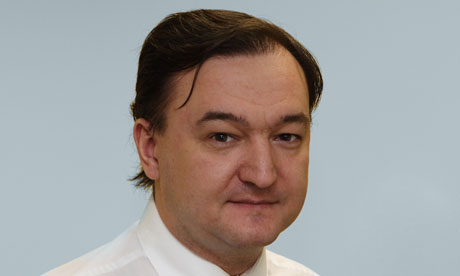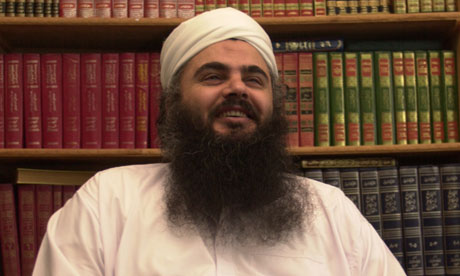By: Jessica Ties
Impunity Watch Reporter, Asia
BEIJING, China – A Chinese dissident was sentenced to seven years in prison for subversion after he wrote a poem calling for the Chinese citizens to vote with their feet.

After being formally arrested last April, Zhu Yufu was sentenced on Friday based on an indictment citing a poem shared online and calling for a ‘Jasmine’ rallies inspired by the 2011 protests in the Middle East.
The poem features the lines, “It’s time, Chinese people! The square belongs to everyone. The feet are yours it’s time to use your feet and take to the square to make a choice.”
During his trial, Zhu argued that he was exercising the freedoms granted to him by the Chinese Constitution.
Following the announcement of the sentence Zhu’s wife expressed her surprise at it’s severity by stating, “that is so cruel. I don’t know what else to say.”
Zhu’s son, who was also at the sentencing, claimed that his father appeared weak and described him as walking very slowly and stated that he “…looked quite weak, and had to lean on two prison guards.”
The sentencing comes just days before China’s likely presidential successor, Xi Jinping, is scheduled to visit the United States.
This timing has caused international director Renee Xia to state that it “…seems a strange time for the U.S. to engage in diplomatic niceties or good will overtures to China’s likely future president.”
Xia further stated that there have been “…a whole batch of heavy sentences for crimes that would in the past 10 years get three, four, five years.”
China has recently attracted criticism for it’s decision to veto a U.N. Security Council resolution calling for the resignation of the Syrian president amid increasing violence.
Besides writing poems Zhu has also been known for writing articles that drew attention to corruption and political prisoners.
Zhu has been twice before for his activism. In 1999 he served seven years in prison for founding a controversial political magazine and in 2007 he served another two years for confronting a police officer who was questioning his son.
Human Rights Watch official statistics estimate that there are between 250 and 500 protests in China each day.
For more information, please see:
AFP – China Jails Prominent Activist Ahead of Xi’s US Visit – 10 February 2012
BBC – China Dissident Zhu Yufu gets Seven Years for Poem – 10 February 2012
Los Angeles Times – The Chinese Poem that Helped Spur Seven-Year Prison Term – 10 February 2012
Radio Free Asia – Seven Years in Jail for a Poem – 10 February 2012



